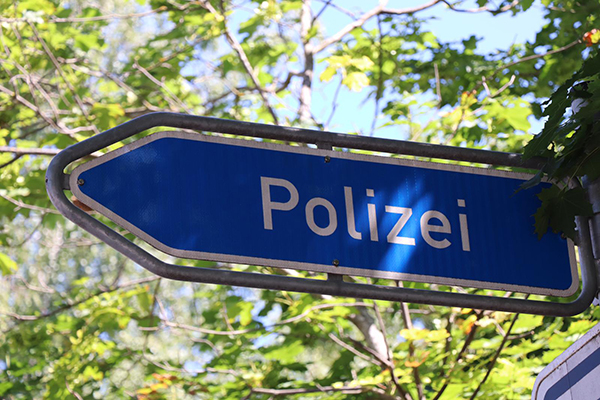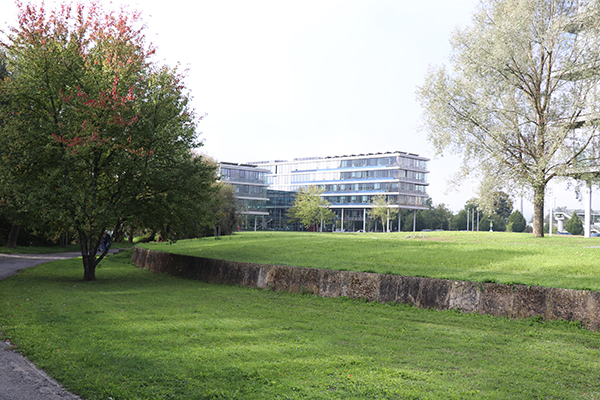Since 2018, media reports have often talked about so-called “clan criminality” of Arab-Turkish or Kurdish extended families and comparisons with the mafia have been made. The political scientist Mahmoud Jaraba from the Erlangen Centre for Islam and Law in Europe has accompanied and interviewed members of such families over several years. He now presented the central results of his research to the media service Integration.
According to his findings, the extended families are not a homogeneous group under the leadership of a clan chief. On the contrary, there are differences of opinion and divisions among the family members, who often do not even know each other. Jaraba: “Only a few members of the extended families are criminals. However, these people receive a lot of attention from the media and politics. When members of the families become criminals, it usually takes place within the nuclear family and not within the extended family.” There is also a lot of internal criticism of delinquent family members, he said. “Members of extended families feel unfairly treated because they are held responsible for the misbehaviour of a small group of people,” Jaraba said.
The history of this group, estimated at 35 to 50,000 people, is largely unknown to the public. Due to difficult living conditions and political oppression in the province of Mardin in south-eastern Turkey, many of them relocated to Lebanon as early as the first half of the 20th century. There, too, they experienced discrimination and exclusion until the civil war forced them to leave the country for Europe at the end of the 1970s. They came to Germany as stateless refugees, and their asylum applications were usually rejected. Since then, many of them have lived as tolerated persons and therefore repeatedly encountered bureaucratic hurdles, for example when looking for work.
As a rule, however, relatives do not want to cooperate with the police, according to Jaraba’s findings. They have little trust in state institutions. According to Jaraba, this is partly because they feel under general suspicion because of their family name. “To win people over, the police need to build trust with these groups and build bridges,” Jaraba suggests.
Criminologist Daniela Hunold, who teaches at the German Police University in Münster, also sees the problem of clan crime distorted in the media, as she explained in a panel discussion: “The police officers we accompanied and interviewed in the course of our research did not see this potential danger in this form at all. Clan crime played almost no role in everyday police life.
tun21083101
Hinweistafel zum Polizeirevier. Foto: tünews INTERNATIONAL / Mostafa Elyasian.




